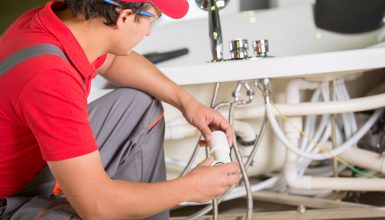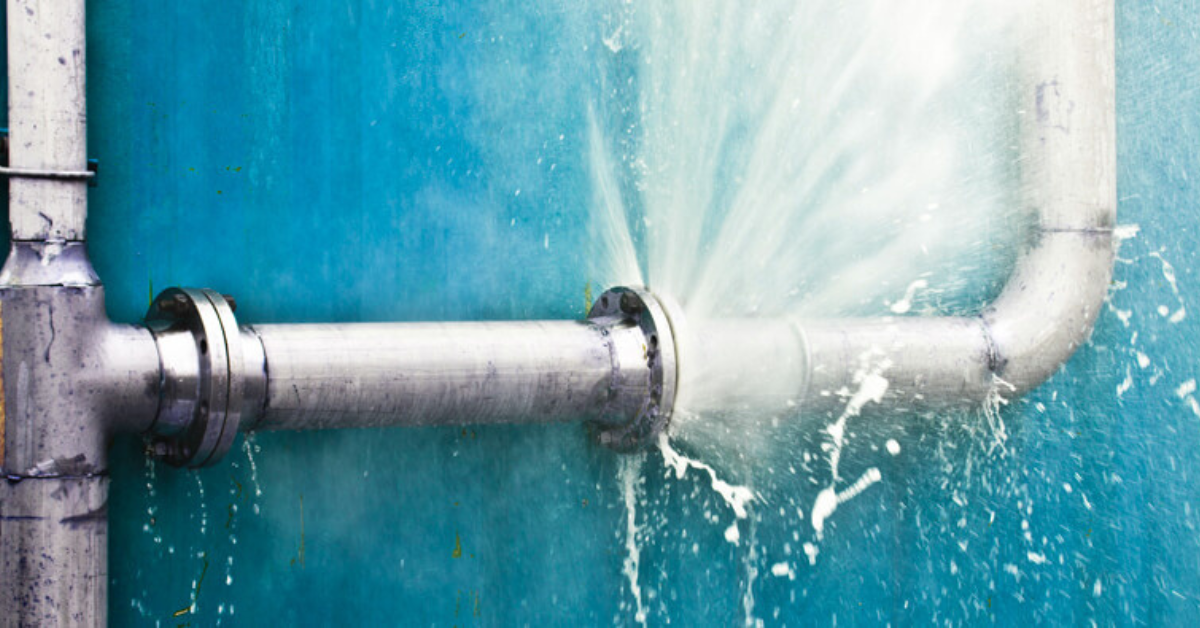Tested Approaches for Resolving Low Water Pressure in Your Home
Tested Approaches for Resolving Low Water Pressure in Your Home
Blog Article
This article directly below on the subject of 4 Ways to Troubleshoot Low Water Pressure is totally stimulating. Have a go and make your own personal findings.

Low water stress in your house can be a discouraging trouble, affecting whatever from showering to cleaning meals. If you're experiencing weak water flow, there are a number of feasible causes and solutions to check out. In this guide, we'll talk about usual factors for low water stress and sensible steps to address the issue properly.
Introduction to Low Tide Stress
Low water stress occurs when the flow of water from your taps, showers, and other components is weaker than normal. This can make everyday jobs much more tough and much less effective. Comprehending the root causes of low tide stress is critical to finding the best remedy.
Typical Reasons For Low Tide Stress
Faulty Pressure Regulators
Stress regulators are in charge of keeping constant water pressure in your home. If they malfunction, it can result in low tide stress or unequal flow throughout the house.
Metropolitan Water Issues
Often, the problem lies outside your home. Community supply of water concerns, such as main line leaks or maintenance work, can temporarily minimize water pressure in your area.
Pipe Obstructions
With time, pipes can become obstructed with mineral deposits, sediment, or particles, limiting the circulation of water. This is a typical problem in older homes with galvanized steel pipes.
Rust
Corrosion within pipelines can lead to leakages and reduced water stress. Rust buildup can constrict water flow, specifically in aging plumbing systems.
Just How to Detect Low Water Pressure
Inspecting Pipes
Check noticeable pipes for indicators of leaks, corrosion, or clogs. Pay attention to any type of unusual noises, such as banging or rattling pipelines, which can indicate issues within the plumbing system.
Consulting with a Plumber
If you're unable to determine the cause of low water stress, take into consideration employing an expert plumber to carry out a detailed evaluation. They can identify underlying issues and recommend suitable solutions.
Inspecting Faucets and Components
Beginning by examining the water pressure at various faucets and components throughout your home. If the concern is isolated to specific areas, it might suggest local issues.
DIY Solutions to Take Care Of Low Tide Stress
Flushing Hot Water Heater
Sediment accumulation in the water heater can limit flow and reduce performance. Flushing the tank regularly aids get rid of sediment and preserve ideal efficiency.
Examining Stress Regulator
Guarantee that the stress regulator is operating properly. Adjusting or replacing the regulator can assist recover appropriate water pressure throughout your home.
Cleansing Aerators and Showerheads
Mineral deposits can gather in aerators and showerheads, reducing water circulation. Eliminate and clean up these elements frequently to enhance water stress.
Clearing Up Clogs in Pipes
For small clogs, attempt using a plumbing snake or chemical drain cleaner to clear obstructions in pipes. Beware when utilizing chemicals and adhere to security standards.
When to Call an Expert Plumber
If do it yourself efforts stop working to fix the issue or if you presume substantial plumbing issues, it's finest to seek assistance from a qualified plumber. They have the expertise and tools to deal with complicated problems safely and successfully.
Preventive Measures to Keep Water Stress
Mounting a Pressure Booster
Consider setting up a stress booster pump to boost water pressure in areas with consistently reduced circulation. This can be particularly beneficial for multi-story homes or properties with high-demand components.
Monitoring Water Usage
Be mindful of water use practices and prevent ill-using the plumbing system. Basic changes, such as shocking showers and washing tons, can assist keep sufficient water pressure.
Regular Maintenance
Set up routine upkeep for your plumbing system to avoid concerns such as corrosion, leaks, and blockages. Dealing with minor problems early can help prevent even more substantial fixings later on.
Final thought
Managing low water pressure can be irritating, yet identifying the underlying reasons and executing ideal remedies can restore optimum circulation throughout your home. Whether it's cleaning aerators, checking pipes, or consulting with a plumber, taking proactive steps can make sure a constant supply of water for your day-to-day demands.
How to Fix Low Water Pressure In Your Home
Municipal Water Supply Issues
Scheduled maintenance, high demand, and water main breaks are all potential causes for low water pressure within a city or county’s water lines. While there’s not much you can do to personally fix a problem with your city or county’s water supply system, you can play a big role in documenting the issue and alerting those who can.
How to fix it:
Ask your neighbors if they are experiencing any issues with low water pressure. If multiple homes are affected, it’s likely related to the city’s water line. Contact the local Water Authority to see if there is any maintenance taking place that might be affecting your supply. Also let them know of your specific issues. If other homeowners report the same issues, they’ll know that there could be a larger issue to look into. Faulty Fixtures
A damaged or clogged shower head, faucet or appliance is the first thing we’d suggest checking, especially if low water pressure appears to be isolated to a specific area of your home.
How to fix it:
First, turn off the main water supply to your home. Check the affected appliances for build-up or debris. In the case of a faucet, you can simply unscrew the aerator at the tip of the faucet. Showerheads should be fully detached from the water pipe. While the appliances are detached, you may want to check the water supply to determine if the fixtures were in fact the issue. To clean, soak the showerhead or aerator in vinegar and brush off any visible debris. Reattach the fixtures and check the water pressure again. If it is still low, there is likely a deeper issue at hand, which can be determined by a professional plumber. Pipe Obstructions
Mineral deposits, rust or other debris within water pipes can lead to blockages or corrosion over time.
How to fix it:
When you think of a clog, you probably think of a drain clog. While there are many DIY solutions to clearing a drain, clogs in a water pipe will almost always require the help of a professional plumber. A plumber will be able to locate the affected pipe and clean out any debris or mineral deposit buildup. In severe cases, the pipe may need to be replaced. Your plumber might also recommend a water softening system to remove the minerals from your home’s water supply that can contribute to pipe blockages over time.
Plumbing Leak
Undetected water line leaks can divert water away from your residential pipes, reducing the water pressure in your fixtures.
How to fix it:
Check your water meter by turning off all water sources and monitoring the meter for any movement, which could be a clear indicator of a potential leak. Check all visible pipes for signs of leaking, including water stains, active dripping or damp spots around the pipe. Inspect fixtures, including faucets and showerheads, for any drips. Test the pressure but recording the pressure with the main water valve shut off. Leave off for a few hours and test again. A significant drop in pressure is a clear sign of a leak. https://kiddcoplumbing.com/plumbing-blog/how-to-fix-low-water-pressure/

We were made aware of that editorial about 10 Reasons for Low Water Pressure in Your House through a buddy on another website. Those who liked our page if you please do not forget to pass it around. Many thanks for being here. Come back soon.
Website Report this page